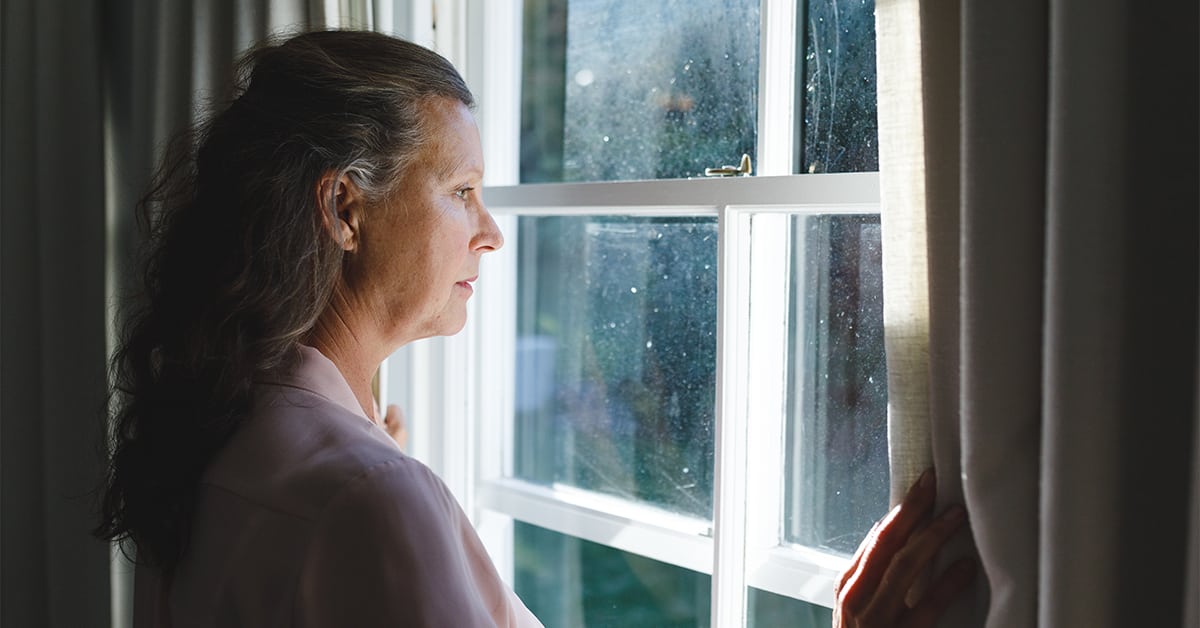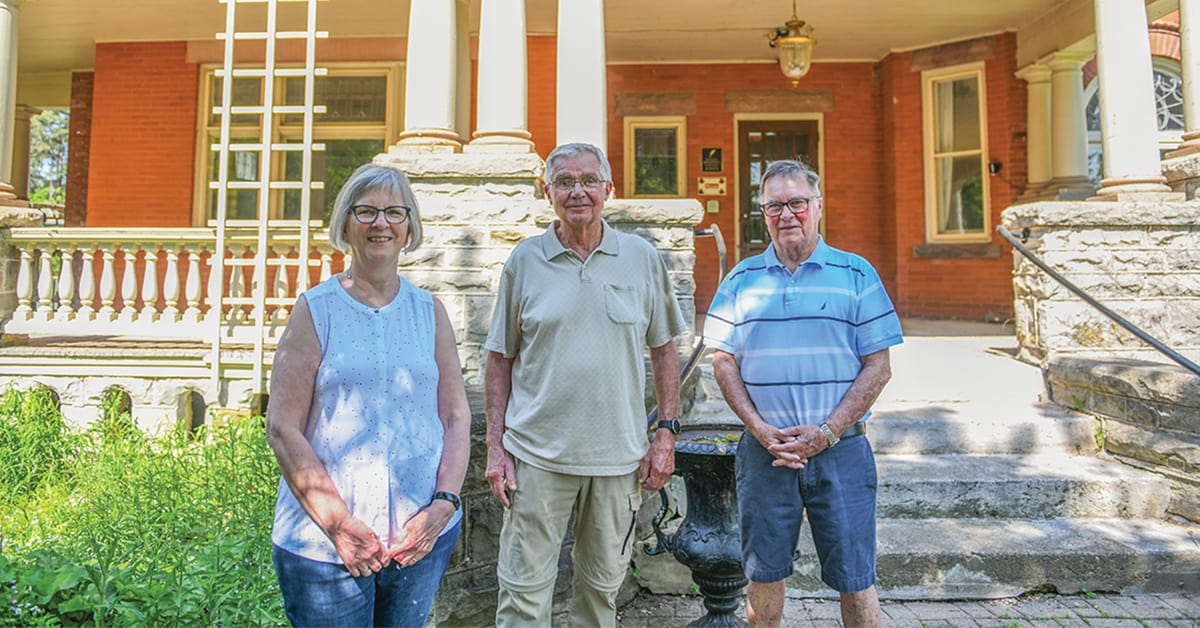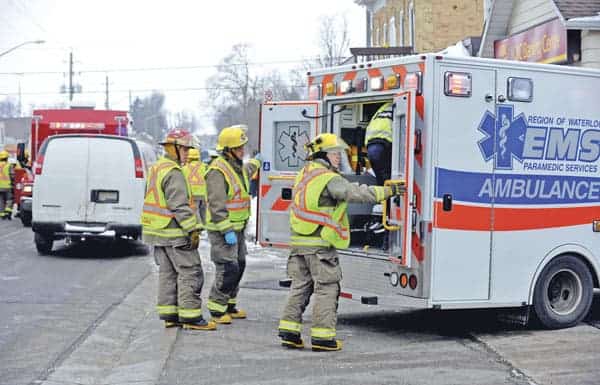A charity that aims to increase quality of life for seniors has developed a Woolwich-specific “conversion guide” in an effort to help residents to recognize when their neighbours may be experiencing social isolation.
“What we’ve found in the research and throughout the pandemic is that people who are socially isolated are extremely difficult to identify. And so, this project is a way that we can use non-traditional sources to support and find those who might be falling through the cracks,” said Michaella Miller, a project assistant with the Schlegel UW Research Institute for Aging.
“Because Woolwich Township is a rural community there are a lot of additional barriers to accessing support, which can include transportation issues, weather conditions, internet access, and financial barriers. Woolwich has a very large population of Old Order Mennonites, so there are language barriers and other financial barriers that that someone who lives in Kitchener-Waterloo doesn’t necessarily have,” Miller said.
The guide was part of a presentation by the Woolwich Community Lions Club. The aim is to see what the impact the guide has in the township and then use that information to further work in other municipalities, said Miller.
Social isolation can have a number of negative impacts including physical and mental as well as access to health services.
“Social isolation contributes to all causes of death and disability. Older Adults specifically who are socially isolated experience increases in falls, more cardiovascular disease, more serious illnesses and malnutrition. It can increase the rates of depression and lack of social engagement can decrease overall life satisfaction and also increase the experience of elder abuse,” she explained.
There are many subtle signs of social isolation, the research shows.
“What’s their hygiene like? Have they worn clean clothes in the past week? Is their driveway shovelled? Where’s their lawn mowed in the summer? Is their garbage out on garbage day? Are they sleeping more than usual? Have they stopped going to church or to activities that they normally go to?” said Miller.
Social isolation can happen anywhere, regardless of living circumstances.
“Social isolation is the lack of quality connections in your life. Living in your own home doesn’t necessitate that. Living in an institution can be extremely socially isolating because you lose your former support networks or your old friends. It really depends on the individual and whether or not they’re open to creating new connections,” said Miller.
“I think that lack of support if you’re going through functional decline can increase social isolation.”
However, Miller explained that the township does have many resources available.
“We encourage citizens in Woolwich to take a look at the guide. Just so that they know that there is a resource available. If you do come across someone who you might be feeling is socially isolated, there are resources available. Woolwich has such an amazing community and there’s such a lovely community connection and this will be a nice pairing.”









